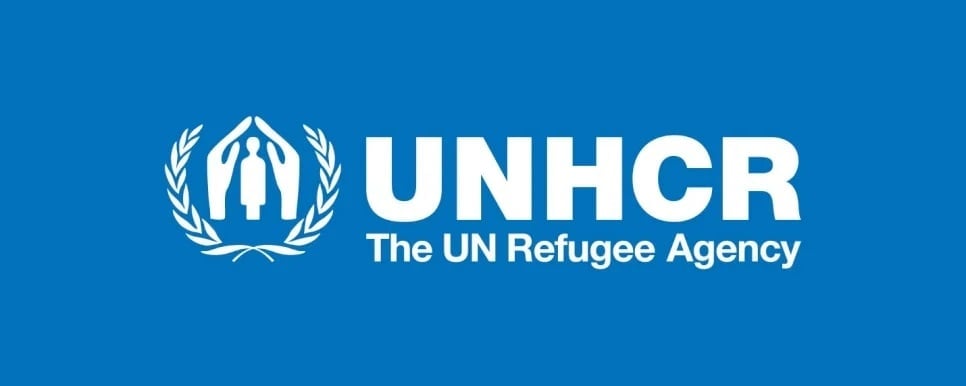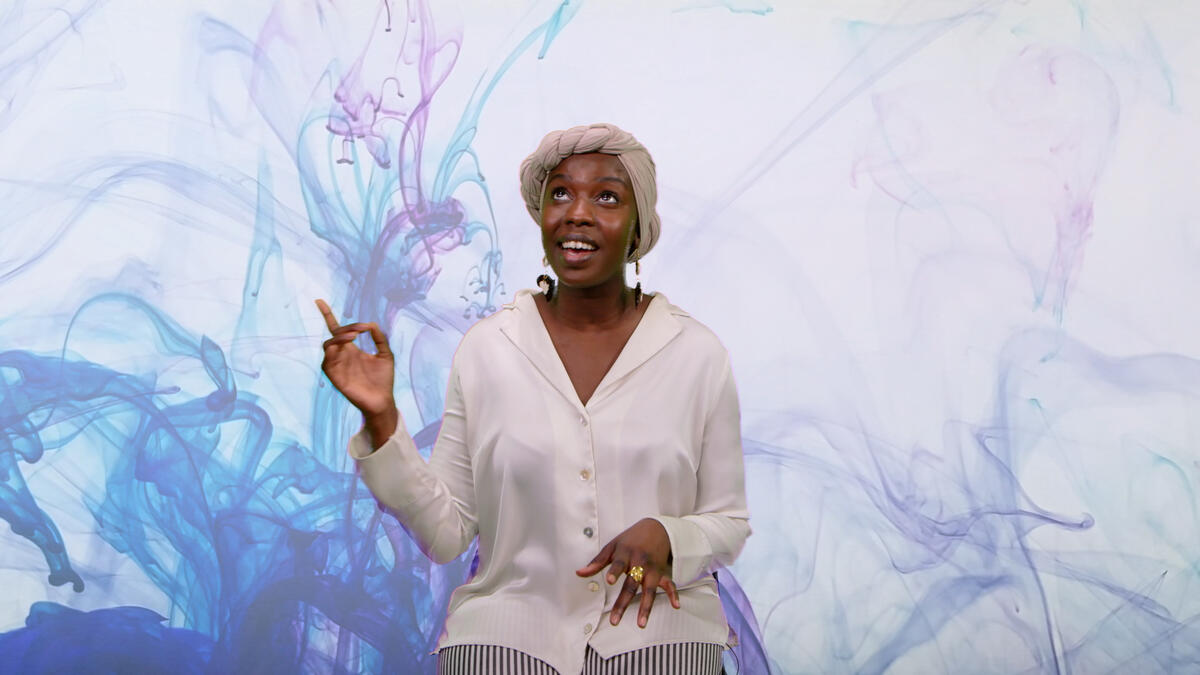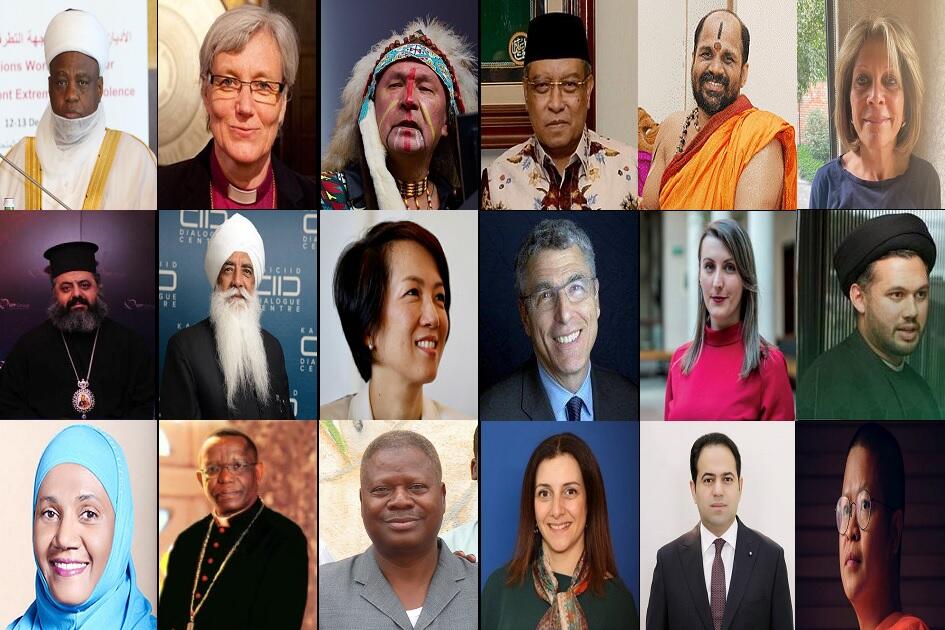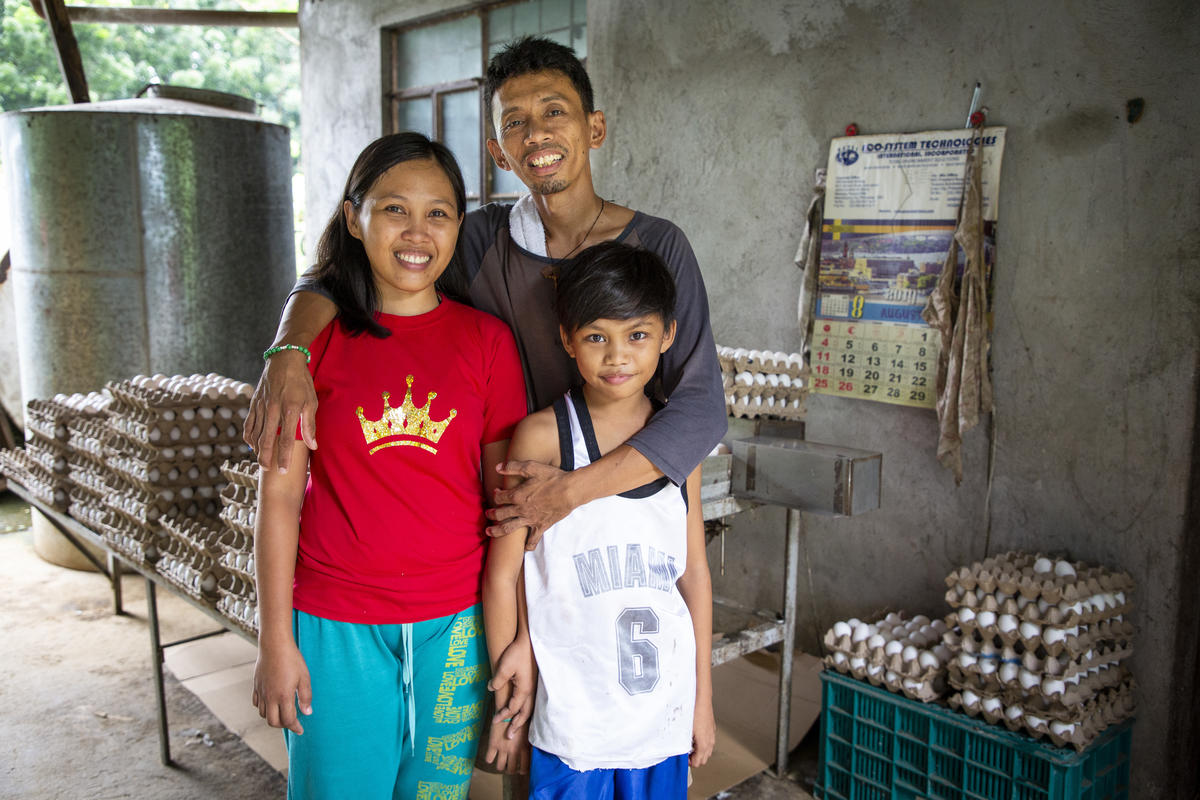UNHCR report exposes the discrimination pervading the life of stateless minorities worldwide
UNHCR report exposes the discrimination pervading the life of stateless minorities worldwide

A new UNHCR report warns that discrimination, exclusion and persecution are stark realities for many of the world’s stateless minorities, and calls for immediate action to secure equal nationality rights for all.
More than 75% of the world’s known stateless populations belong to minority groups, the report notes. Left unaddressed, their protracted marginalization can build resentment, increase fear and, in the most extreme cases, lead to instability, insecurity and displacement.
Although the report is based on research prior to late August when hundreds of thousands of Rohingya – the world’s biggest stateless minority – began fleeing Myanmar to Bangladesh, their situation is nonetheless illustrative of the problems that years of discrimination, protracted exclusion and their impact on citizenship status can lead to.
“Stateless people are just seeking the same basic rights that all citizens enjoy. But stateless minorities, like the Rohingya, often suffer from entrenched discrimination and a systematic denial of their rights,” said the UN High Commissioner for Refugees Filippo Grandi.
“In recent years, important steps have been taken to address statelessness worldwide. However new challenges, like growing forced displacement and arbitrary deprivation of nationality, threaten this progress. States must act now and they must act decisively to end statelessness,” added Grandi.
The report “This is our home”: Stateless minorities and their search for citizenship is released on the third anniversary of UNHCR’s #IBelong Campaign to end statelessness. It is based on consultations conducted in May and June 2017 with members of stateless, formerly stateless or at risk minority groups in Madagascar, The former Yugoslav Republic of Macedonia and Kenya, which were selected as examples to highlight the issues faced by stateless minorities worldwide.
Drawing on discussions with more than 120 individuals, the report shows that, for many minority groups, the cause of statelessness is difference itself: their histories, their looks, their language, their faith. At the same time, statelessness often exacerbates the exclusion that minority groups face, profoundly affecting all aspects of their life – from freedom of movement to development opportunities, and from access to services to the right to vote.
The testimonies in the report show how discrimination negatively impacts stateless minorities’ communities and intensifies their anxiety for their physical safety and security. It also contributes to poverty and complicates their ability to access documentation, education and health care.
In order to ensure equal nationality rights for stateless minorities, UNHCR’s #IBelong Campaign urges all States to take the following steps:
- Facilitate the naturalization or confirmation of nationality for stateless minority groups resident on the territory, provided that they were born or have resided there before a particular date, or have parents or grandparents who meet these criteria.
- Allow children to gain the nationality of the country in which they were born if they would otherwise be stateless.
- Eliminate laws and practices that deny or deprive persons of nationality on the basis of discriminatory grounds such as race, ethnicity, religion, or linguistic minority status.
- Ensure universal birth registration to prevent statelessness.
- Eliminate procedural and practical obstacles to the issuance of nationality documentation to those entitled to it under law.
Read the report
Figures
It is difficult to determine how many people are stateless or at risk of statelessness worldwide. Data on statelessness are captured by government and reported to UNHCR. In 2016, 75 countries reported 3.2 million stateless individuals. But UNHCR estimates that this is only a fraction of the total – the true number could even be three times higher.
About the #IBelong Campaign
On 4 November 2014, UNHCR launched its #IBelong Campaign to End Statelessness. Statelessness is a man-made problem and relatively easy to resolve and prevent. With the necessary political will and public support, millions of people around the world could acquire a nationality and prevent their children from being born stateless. The #IBelong Campaign is supported by a Global Action Plan, which sets out concrete steps for States to help resolve the problem. By acquiring a nationality, millions of stateless people around the world could gain full access to their human rights and enjoy a sense of belonging in their communities.
For more information on this topic, please contact:
- In Geneva, Aikaterini Kitidi, [email protected], +41 79 580 8334
- In Geneva, Adrian Edwards, [email protected], +41 79 557 9120
- In Geneva, Radha Govil, [email protected], +41 76 618 2448
- In Geneva, Melanie Khanna, [email protected], +41 79 818 8008









